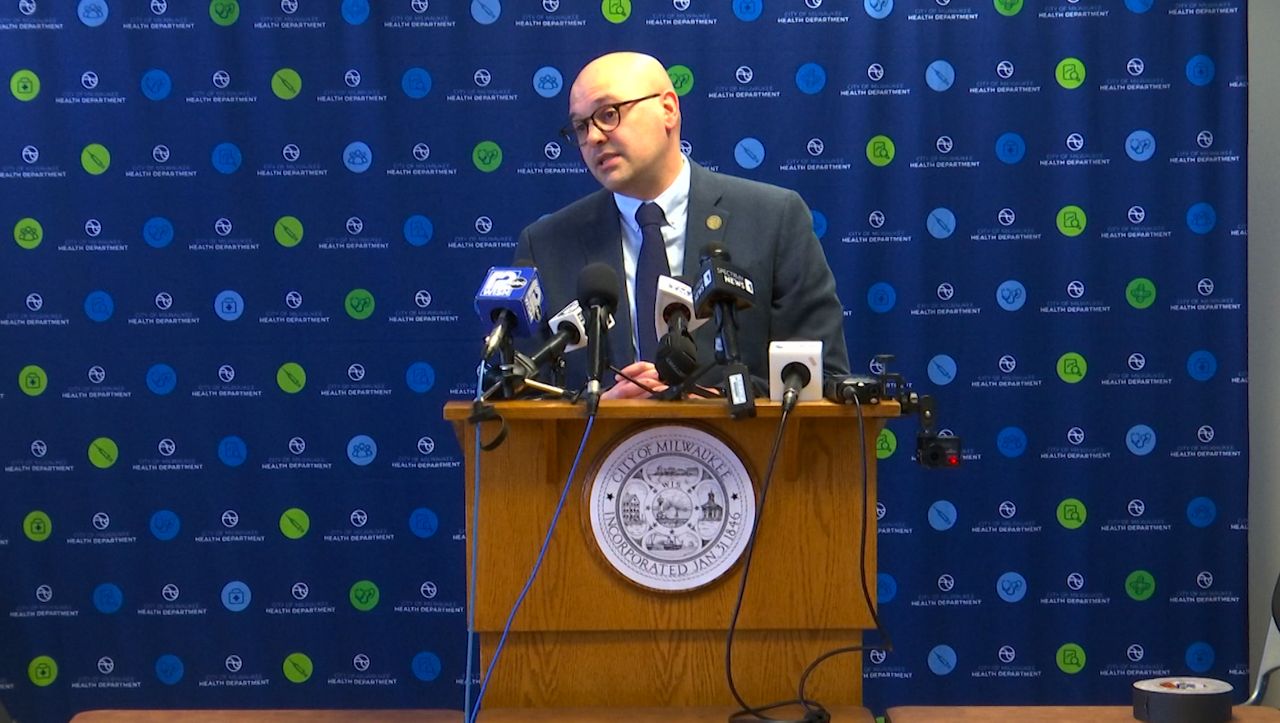RACINE, Wis. — Racine city and county health leaders are warning about a sharp uptick in overdose deaths. They said most are tied to fentanyl.
Matt Menefee, a certified peer support specialist with Behavioral Health Services of Racine County, helps teach new colleagues how to recognize signs of an overdose.
“Discoloration of lips and fingernails, cold or clammy skin, a snort or gurgle, and erratic breathing,” he said.
He also trains staff and community members on how to use Narcan nasal spray, a form of naloxone, which is used to revive overdose victims.
“Make sure the airway is open and put the Narcan in the person’s nostrils and push the button down,” he said.
This job is personal for Menefee. He overcame his own addiction 11 years ago. He was able to get help and wanted to pay it forward.
“It’s a golden rule,” said Menefee. “Treat others the way you want to be treated, and I think everybody deserves multiple chances. I would like to help other people as other people have helped me.”
Menefee organizes training events, facilitates resource distribution within the community and provides counseling to individuals battling addiction.
A key component of Menefee’s mission is to advocate for widespread access to Narcan. He said everyone should have access to the overdose antidote and know how to use it.
That belief is shared by Jelena Jones, who also works in behavioral services for Racine County. She expressed the need for ending societal shame associated with drug use and Narcan.
“We hate to see the overdose spike alerts and everything else, but I think the more we talk about it, the more that we break the stigma, and bring the awareness to the issues at hand,” said Jones.
By now, most Wisconsinites have been affected by the opioid epidemic in some capacity. Both Jones and Menefee said it shouldn’t be something to hide or be embarrassed about.
“For most people, they know somebody,” said Menefee. “Either it’s a friend, a relative, a coworker that’s been affected by this opioid epidemic or even substance use period. If it was somebody I know, I wouldn’t want somebody not to do anything to help, and that’s why having Narcan with you is so important.”










